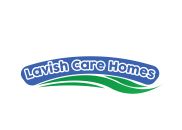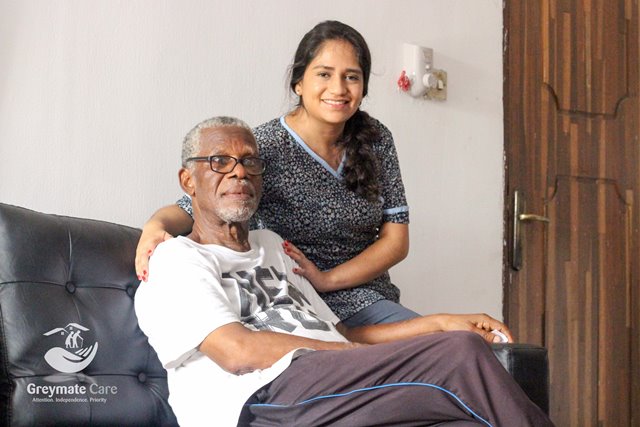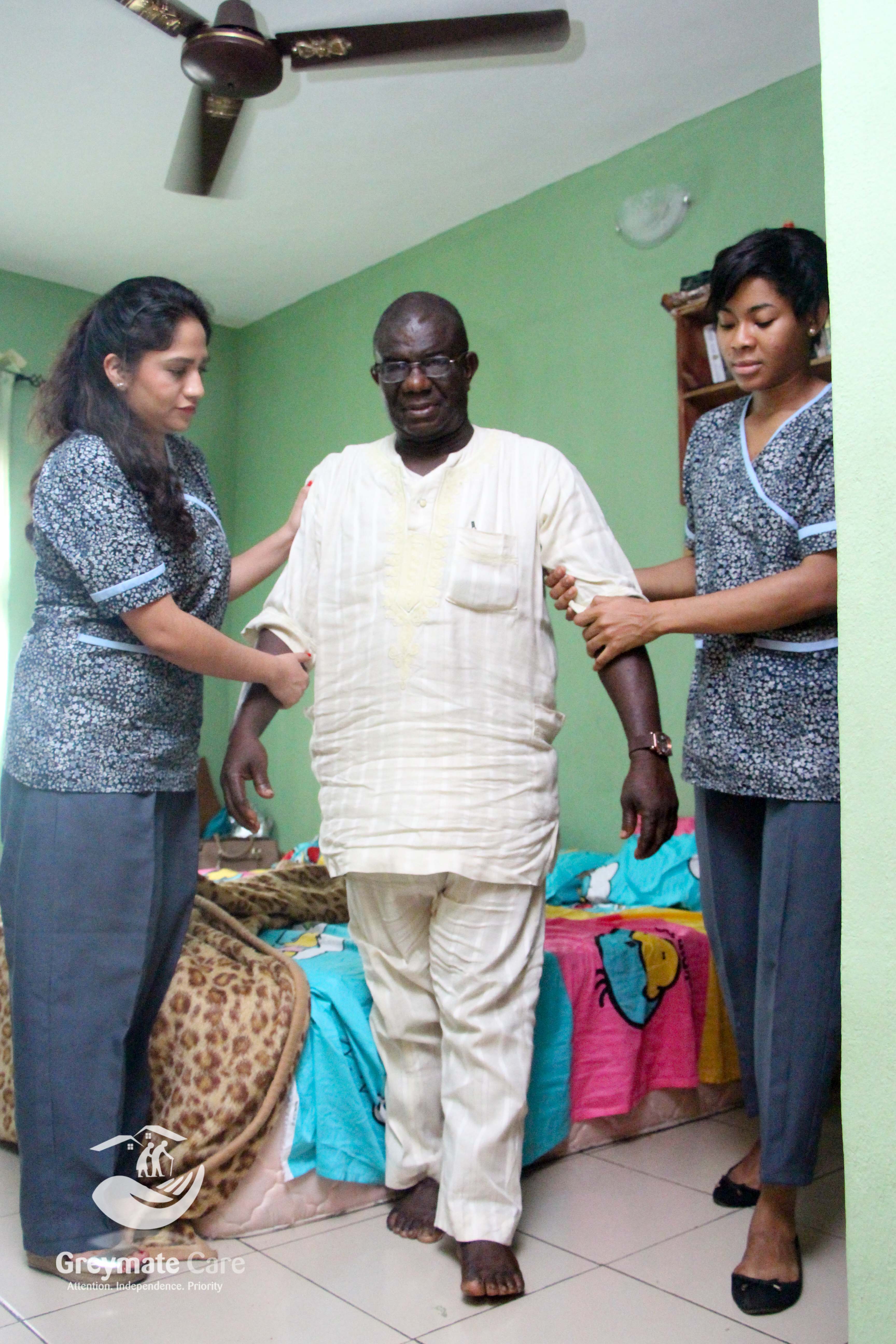A diagnosis of dementia can come as a shock not only for the person with dementia, but also for family and friends. You will all need reassurance and support. Here’s some information about how you can make life enjoyable and full for everyone living with dementia.
The early stage of Alzheimer’s disease (also referred to as “mild Alzheimer’s disease”) marks a beginning that will bring with it important changes for you and the people who care about you. Some people aren’t aware that they have the disease during this stage, and they may not be diagnosed until they are past it.
When you are diagnosed with early Alzheimer’s disease, you will likely be still able to keep doing much of what you have been able do and you will probably only need a bit of help during this stage. You may be able to understand how your abilities are changing. If this happens, you can tell others what it is like for you to live with the disease. You can help to plan and direct the care you will need in the future.
You may also be feeling overwhelmed and scared or nervous about the future. It is normal for both you and your family to have many mixed emotions. These can include feelings of grief and sadness. Many people are concerned about how the changes will affect them, how they will plan for the future and get the help and information they need. The following are suggestions for living life to the fullest. Please note that the term “early stage” refers to people of any age who have mild impairments as a result of Alzheimer’s disease. This is different from the term “early onset,” which refers to people who have been diagnosed with Alzheimer’s disease at a younger age than usual.
Common Symptoms and helpful Strategies
Forgetfulness
•Use labels, notes, calendars, alarms/timers, pill dispensers.
•Post emergency numbers by the phone.
Difficulty learning new things and following conversations
•Break tasks into small steps.
•Realize your limits.
•Tell people what helps you to be part of the conversation.
•Take breaks or rests.
•Write things down while you are talking with others.
Difficulty concentrating or limited attention span
•Pick activities that you can manage.
•Do one thing at a time.
•Listen to talking books and CDs or watch DVDs.
•Take breaks or rests.
•Follow routines.
•Avoid overstimulation: seeing, hearing or doing too much.
Problems with orientation, getting lost, not being able to follow directions
•Ask friends and family for rides.
•Use taxis.
•Be realistic about your ability to drive (consult your doctor).
Communication difficulties
•Take your time and tell others that you need more time to express yourself.
•Take someone with you to doctor’s appointments to help talk about the information and make it clearer.
Mood changes, depression
•Keep physically active.
•Eat healthy foods.
•Stay socially connected.
•Acknowledge and share your thoughts and feelings with someone you trust.
•Try meditation or other stress-reduction techniques.
•See your doctor, if needed, and take medications as prescribed.
•Do things that bring you pleasure and meaning.
•Take one day at a time.
Mild co-ordination problems
•Use safety features like handrails and grab bars.
•Remove items that may cause tripping hazards.
•Add more light so you can see things more clearly, especially around stairs, hallways and entrances
Difficulty doing challenging cognitive (thinking) tasks
•Realize what you can do and the limits to this.
•Get help with tasks. Call an agency near you and hire a support worker.
•Focus on activities that you can manage and enjoy.
Difficulty making decisions
Ask for help from family and friends
Ask for professional help, from lawyers, social workers, etc., if the decision needs it. Hire a caregiver from a reputable agency to assist with Daily Living Activities. If you’re wondering where to find a caregiver, call Lavish Care on 09090904226 or send an email to info@lavishcare.com.ng




Leave A Comment
You must be logged in to post a comment.